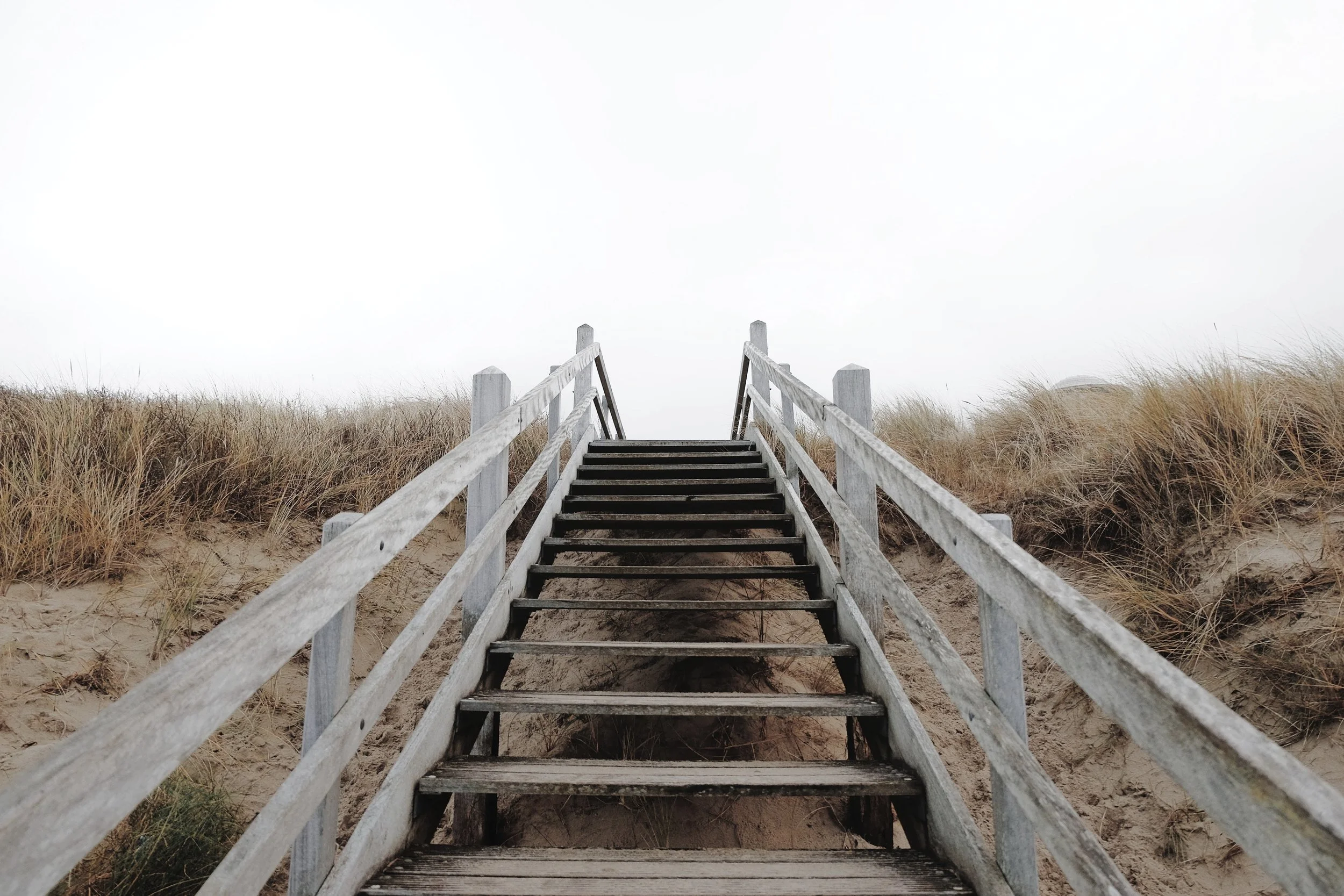The Iterative Life
Bird by bird, buddy. Just take it bird by bird.
- Anne Lamott, Bird by Bird: Some Instructions on Writing and Life
People who know me well often describe me as “intense,” which is confusing. I don’t feel intense. I don’t wake up deciding to be intense. But I’ve come to understand that word as signifying a certain approach to life: doing everything excellently and efficiently. If I’m doing something, I’m going to be objectively the best, unless of course I have for excellent reasons purposely decided to define the best for myself. Which is okay too. But either way, it’s intense.
This way of approaching life means that when I face problems, I prefer to arrive at an effective outcome as soon as possible: either an outright solution, or an actionable step on the way to a likely solution. I’m willing to do whatever research, reading, discussing, advice-gathering, strategizing, planning, and sheer hard work is required to get there.
And this works for a lot of things. In retrospect, it worked for most of the academic and career hurdles I focused on facing during the earlier half of my life. But it seems lately that more and more of life involves problems that don’t work like that at all. Character growth doesn’t work like that. Helping your teenager navigate life doesn’t work like that. Figuring out a vocation the second time around isn’t working like that.
Instead, the process is what my husband likes to describe as “iterative.” Meaning: you don’t figure it all out at once. You try, and then you go back and assess. The process of trying, the practice of assessing, is as important as the outcome itself.
Normally, “iterative” is what I would be tempted to call “failures” introducing “undesired inefficiencies.” But the point is that in fact, iterations are desirable because the process of going through them brings us into a place where we would not otherwise arrive. Sometimes, things need to be tested out, before we can know.
“The more you know, the more you realize you don’t know.”
There’s some support for this in education pedagogy: for example, the finding from Carol Dweck’s now-famous work on growth mindset that those who believe abilities can be developed through setbacks end up achieving more than those who perceive abilities as fixed and only do what they can quickly succeed in. Or what my residency program director called Piaget’s circle of learning, which he talked about in the context of teaching us how to do the capsulorhexis step of cataract surgery. The cycle begins with “you don’t know what you don’t know” (tear a hole in the anterior lens membrane: looks easy!) then progresses to “you know what you know” (getting comfortable with technique and tools) then “you know what you don’t know” (how the heck do I tear a perfect circle in a microscopically thin piece of clear tissue when I can’t really feel what I’m doing?) then finally, “you don’t know what you know” (you can do it over and over without thinking too hard) before beginning again. Iterative.
And of course, the Bible abounds with examples of people messing up royally, only to start again. It abounds with examples of devastating failures and crippling uncertainties that lead to places of deep trust or understanding. After all, what is faith but seeing only a small step ahead at a time? What does it mean to believe in God, but in those very places?
It’s scarier, living the iterative life. It’s scary realizing you don’t always know how, or how much, to help your teenager, to realize you don’t know how your kids are going to turn out. It’s scary to have some longing that may never come to fruition, or some ability you’re not sure you’ll ever get to explore fully. It’s scary to know you’ll probably mess up again before you get something a little better. But we iterate: we try, we notice, and we adjust. We may only go one step at a time. We make mistakes and we apologize. We learn along the way: about God, about ourselves, about the people we love or the dreams we have. As Anne Lamott says, “all courage is is fear said with prayers.”
When I was younger, I thought life was more linear: maybe that was me, knowing what I know. Nowadays, it feels a lot more like I know what I don’t know, like I’m feeling my way along one iteration at a time, muttering my fears said with prayers.






